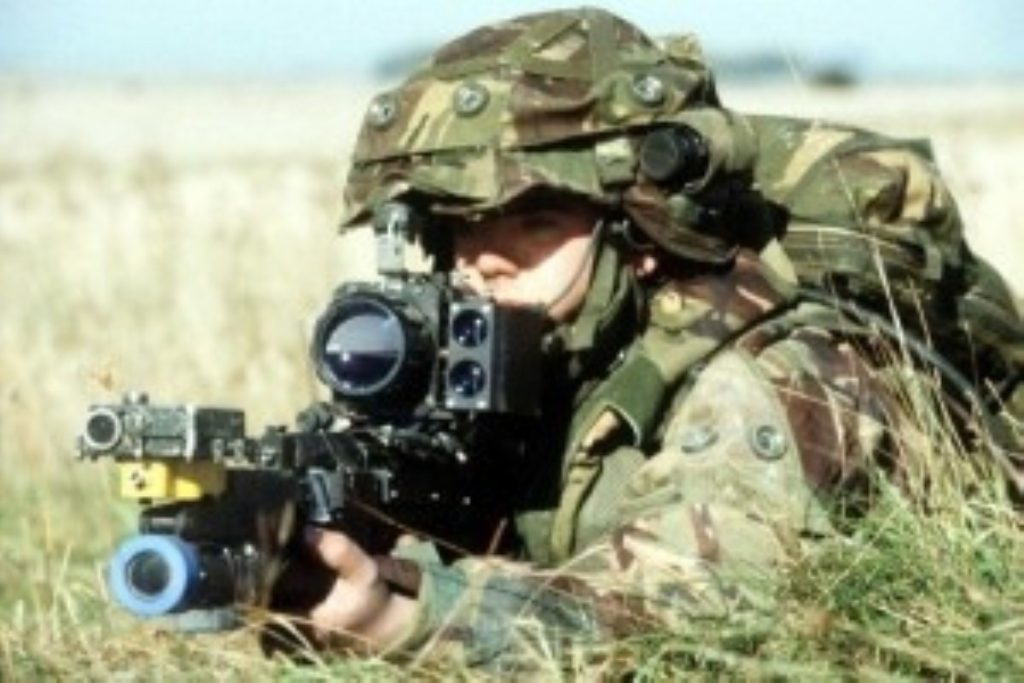‘Homeland defence force’ planned by Tories
Britain needs a dedicated national security council to coordinate responses to terrorism and natural disasters, a Tory commission has said.
The commission – set up by David Cameron to advise on Conservative defence policy – also highlighted concerns that the military is reaching breaking point due to numerous operational commitments overseas.
“Our armed forces are over-stretched and there is insufficient dedicated military capability available to assist the civil authorities to deal with terrorism and other emergencies,” the report argues.
Reports of military overstretch follow the leaking of a memo by the head of the Army, Richard Dannatt. In it, he admitted operations in Afghanistan and Iraq meant Britain had no spare troops for use in other conflicts or civil emergencies, such as the current floods.


Earlier this month, a Commons public accounts committee notified the Ministry of Defence (MoD) it would continue to haemorrhage personnel unless it did something about the effect of “downsizing, pressures and overstretch” on staff morale.
The Tory commission argues that overstretch, combined with the absence of an organised structure for triggering a military response to civil emergencies, could hinder urgent responses in the future.
The commission’s chairman, Pauline Neville-Jones, told BBC Radio 4’s Today programme the country was “quite, quite ill-provided for when it comes to a big crisis”.
She continued: “If you actually look at how the Army is structured, or indeed any of our defence forces, when it comes to the UK, there’s nothing dedicated to… organisation of the kind of help which the military have been providing this week.
“It’s all on what’s called a contingent basis. That’s to say if they’re available, they’re available.
“But there’s nothing guaranteed about it. What we feel is there needs to be a small force, and it only needs to be a small force, which is actually readily available, properly trained and has a command centre.”
The report says a national security council should be established to implement “coherent long-term strategies on foreign, defence, internal security and national cohesion policy”.
In a wide-ranging set of proposals, it also recommends increasing the size of the Army and establishing a defence review every four years.
Without mentioning Iraq, the commission found the government had undermined Britain’s international reputation by “naively underestimating the challenge of state-building in hostile environments”.
On the domestic front, it argued security had been worsened by a government approach to multiculturalism which treated ethnic minority citizens as members of group instead of individuals.
David Cameron is under no obligation to adopt any of the proposals from the report, although he is expected to pick and choose from them.









